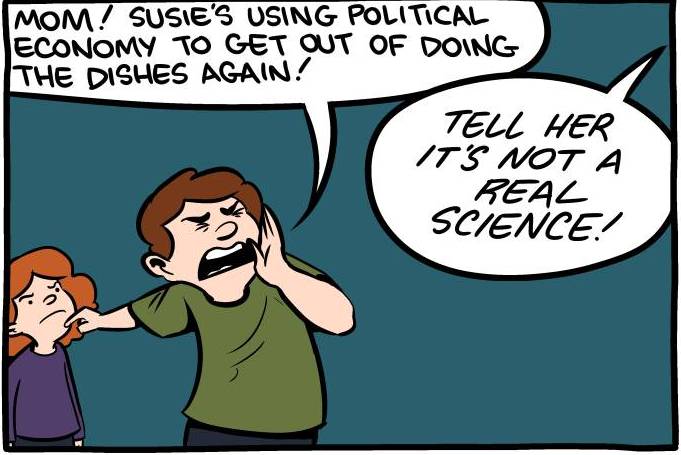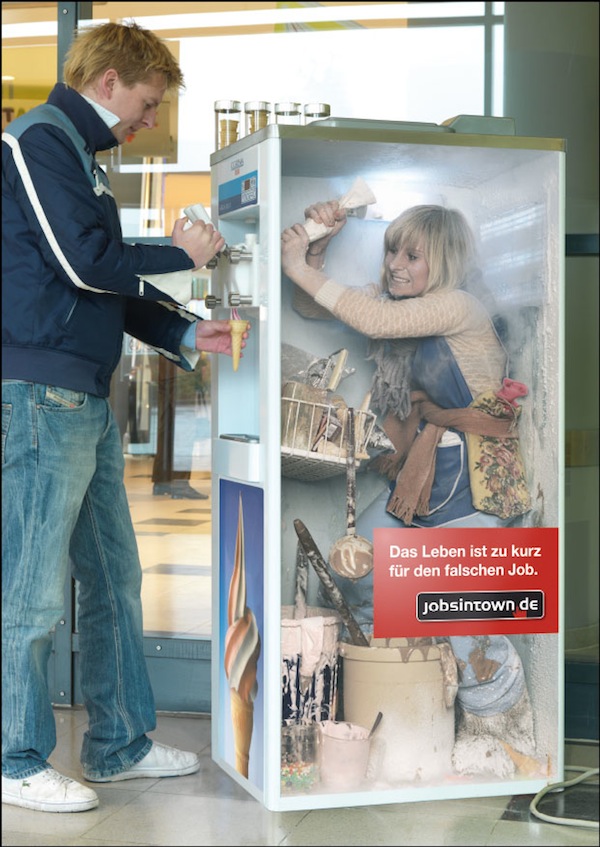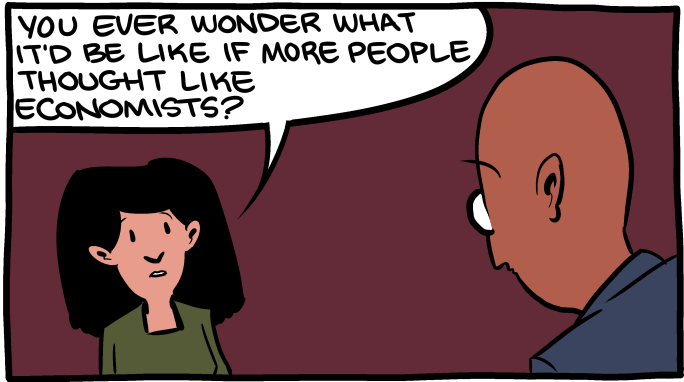The next Lawrence Scholars in Business event is coming up this Saturday, February 1st. The topic is financial services, and the panelists will be
- U.S. Bank – Michelle Bauer ‘87
- Morgan Stanley – Michael Martino ‘80
- Kepos Capital, L.P. – Andrew Miller ‘96
- Heartland Advisors – Dave Ribbens ‘83
This is a great opportunity to interact with alumni who know a lot about the financial services industry from experience, and who are coming to campus to share that knowledge and insight with you. Whether you are interested in financial services or just not sure what those careers exactly involve, take advantage of the opportunity to learn more from Lawrentians.






